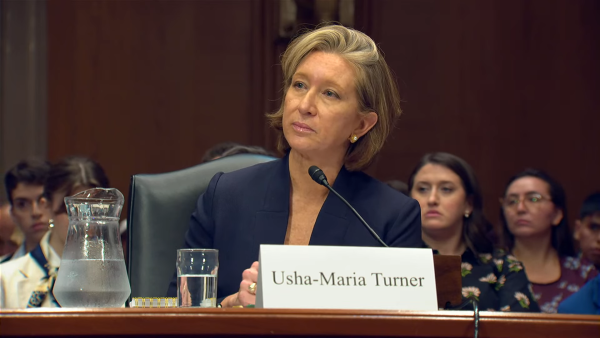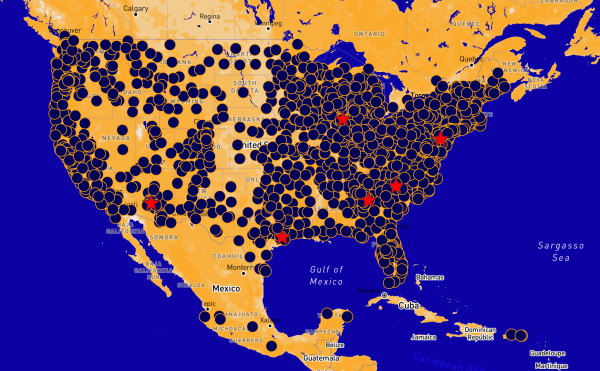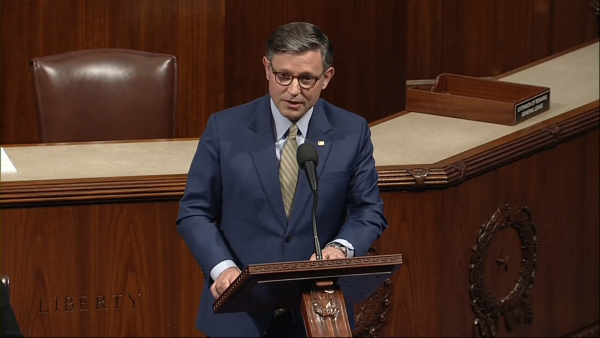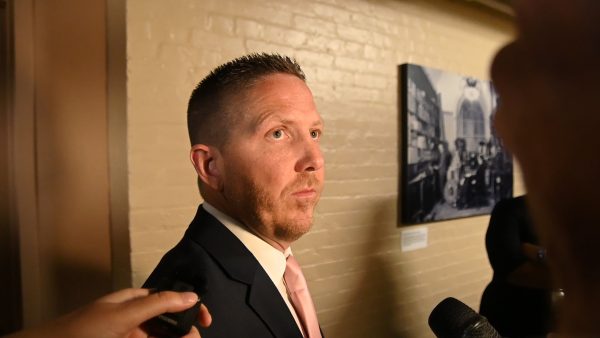Oklahoma faces backlash over botched executions, history of lethal injection
Oklahoma was the first U.S. state to legalize lethal injection for executions as an alternative to electrocution, hanging and the firing squad, but lethal injections are now being referred to as just as cruel and unusual as the other methods.
Abe Bonowitz, director of Death Penalty Action, provided the history behind Oklahoma’s 1977 switch to lethal injection as Julius Jones faces this execution style on Nov. 18 if he is not granted clemency.
“The idea behind lethal injection was to make it easier for the people witnessing,” Bonowitz said. “It’s not about the prisoner. It’s about the witnesses and are they going to be traumatized?”
In the five years before Oklahoma’s death penalty was suspended in 2015, there were nearly four thousand fewer violent crimes than in the six years executions were paused. But Bonowitz asserts that executions don’t impact crime rates.
“The death penalty is not a detterent,” Bonowitz said. “You have to be paying attention to the news to even know that executions are happening.”
Bonowitz said even when people are aware of executions, the practice doesn’t stop violent crimes.
“There was a woman named Karla Faye Tucker, this was a woman being executed,” Bonowitz said. “You had to be living under a rock not to know that that execution was taking place. The very next day, a policeman was murdered just a couple hundred miles from where Karla Faye Tucker was executed.”
Robert Dunham works for the non-partisan Death Penalty Information Center. The DPIC says Jones’ scheduled execution should be postponed after last week’s execution of John Grant. Witnesses said he vomited and convulsed before he died.
“When it comes to Oklahoma, one would hope that with a fourth botched execution they’ll step back and say OK, ‘we’re going to put this back on hold again’,” Dunham said.
But so far, there is no indication Oklahoma will suspend the execution procedure it pioneered 44 years ago.
Gaylord News is a Washington-based reporting project of the University of Oklahoma Gaylord College of Journalism and Mass Communication. For more stories from Gaylord News visit gaylordnews.net.

[email protected]
https://twitter.com/ZARIAOATESTV
https://www.linkedin.com/in/zaria-oates-864241178










